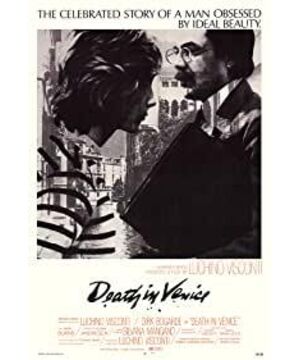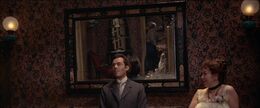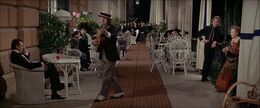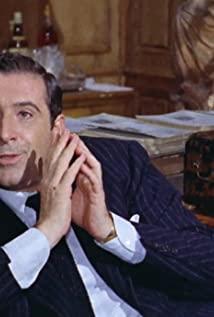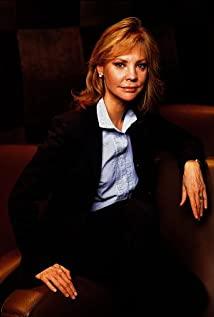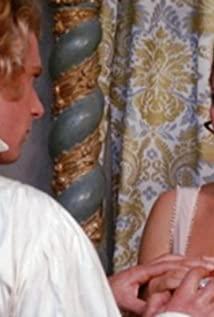Mort à Venise (Morte a Venezia), Luchino Visconti, 1971 (Soul Break in Venice) An old German musician came to Venice for recuperation and was fascinated by a handsome young man. Venice fell into a plague. In order to see the beautiful boy more, the old musician did not choose to leave immediately like many tourists. In the end, he witnessed the distant back of the beautiful boy die... Not so straightforward, but in the early 1970s , this film is undoubtedly one of the rare works that deal with homosexuality. Thomas Mann's original novel is said to be more Platonic and more philosophical and artistic, so when Visconti's film came out, it was criticized by some critics at the time as a distortion and corruption of the original. But the times are advancing after all, and later literary critics also began to be interested in the erotic color of Thomas Mann's work itself. Those so-called blablabla, the Greek god of wine, cannot obscure the very basic fact that the plot itself is sexual attraction between the same sex. Things... This movie has undoubtedly become a classic for Visconti in the later period. I am afraid that no one in the current audience will feel that this film is corrupt. On the contrary, the overly romantic and beautiful and few words of the lens expression and the aristocratic atmosphere in Visconti films that are still gorgeous but hide the doomed decline everywhere are far away from the current The rhythm is too different, as if from some distant, non-existent era. The kind of hat on the lady's head that is three times the diameter of her head and the waiters who can be seen everywhere from leading the way to carrying luggage, all the details, and then respectfully accepting tips, bring the sense of distance to the viewing of the movie. To the point where people can't feel the beauty and fragility of Venice in the lens. Another point worth mentioning in this movie is the plague. If it weren't for the drastic changes this year, I'm afraid no one would pay more attention to this. The government concealed the epidemic to avoid panic, and the public acquiesced in order to maintain the tourism industry. Until the plague was rampant, the hospital was full, and the quarantine order was about to be issued. The flashy Venice gradually became an empty city and a dead city. When the truth of the epidemic is told, laughter can be heard in the screening room... On the ancient continent of Europe, it seems that there is nothing new.
View more about Death in Venice reviews


